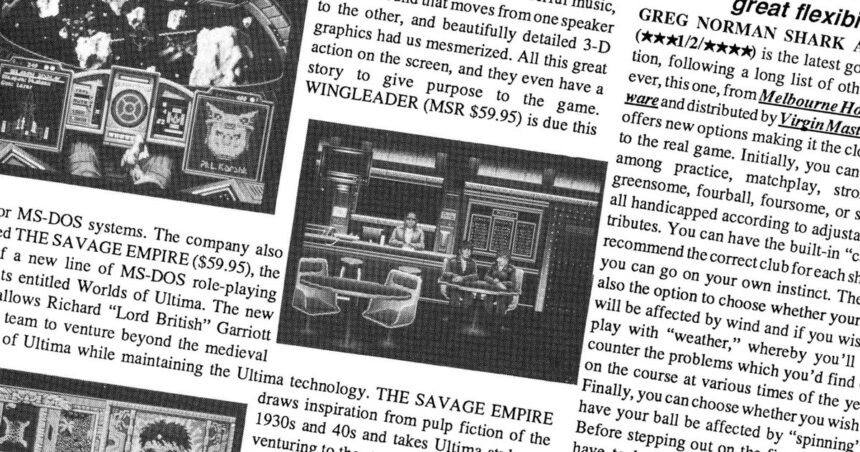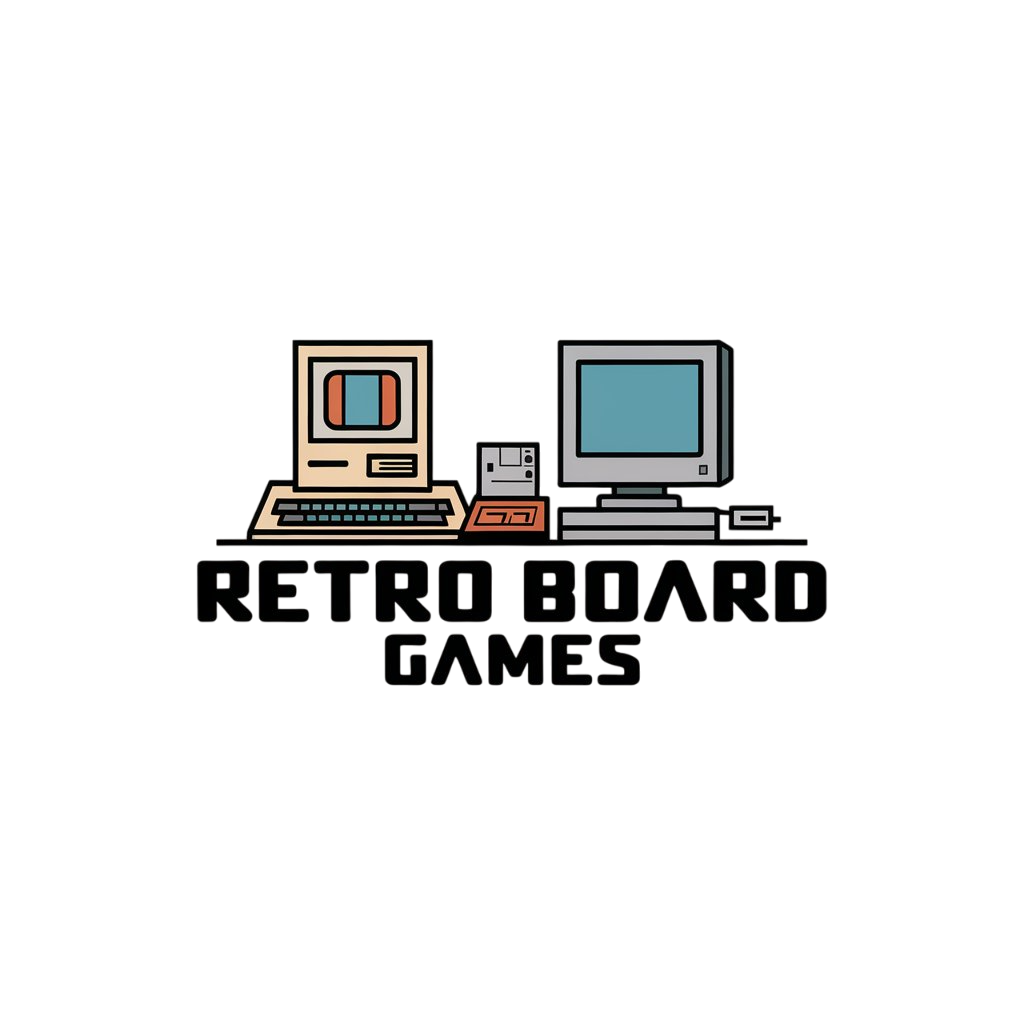After celebrating the launch of its digital library earlier this year, the preservation-focused Video Game History Foundation has expanded its publicly available collection with the full run of Computer Entertainer, described as “one of the first American video game magazines”.
Computer Entertainer might not be an immediately recognisable name this side of the pond, especially 35 years after its final issue was published, but the Video Game History Foundation’s announcement details the magazine’s history, highlighted exactly why it’s something of a unique – and valuable – record of home console video gaming in the mid-1980s.
“Most console game magazines in the US went out of business during the 1983–84 industry crash,” it explains, “except this one. As a result, Computer Entertainer is one of the only sources for American reviews of classic games like The Legend of Zelda, Final Fantasy, and Super Mario Bros. And because it was run by a game retailer, this magazine is one of the only reliable sources of American game release dates during this period.”
Computer Entertainer started life as The Video Game Update, a newsletter for US mail-order retailer Video Take-Out, and would run from 1982 to 1990. It was co-edited by sisters Marylou Badeaux and Celeste Dolan, which, the Video Game History Foundation notes, means it’s also the “earliest console video game magazine run by women”.
The foundation – which describes itself as a “non-profit organisation dedicated to preserving, celebrating, and teaching the history of video games” – acquired a complete run of Computer Entertainer from Marylou Badeaux last year, and began digitising the bound copies using a book scanner, resulting it what it admits were “poor quality” scans. However, following the death of Celeste Dolan, Badeaux also donated her sister’s copies, after which the organisation made the decision to disassemble one set in order to scan it at the “highest possible quality”.
Amid all this, the foundation sourced a number of missing copies from game historian Leonard Herman in order to complete its collection and acquired the intellectual property rights to Computer Entertainer, so the magazine could be made available to everyone for free.
As such, the complete run of Computer Entertainer is now available to read, search, and download via the Video Game History Foundation’s digital archive, which launched earlier this year, providing access to a magazines, art books and more spanning the history of the gaming. Computer Entertainer has been released under a Creative Commons Attribution license, meaning it can be used for any purpose provided appropriate credit is given.
The Video Game History Foundation was established in 2017 and joins other historians and preservationists working to ensure the medium’s rich legacy isn’t forgotten. The organisation had previously been attempting to secure excemptions under the Digital Millennium Copyright Act (DMCA) that would permit libraries and archives to remotely share digital access to out-of-print games in their collections. Unfortunately, those efforts – which US video games industry lobby group the ESA refused to support – were rejected in 2024 by the US Copyright Office.
Game preservation work continues, however. Last year, for instance, online retailer GOG announced the launch of its Preservation Program, intended to maintain the compatibility of games with modern and future systems, and more recently joined the European Federation of Game Archives, Museums and Preservation Projects.
Meanwhile, talk of games preservation has overlapped with the Stop Killing Games campaign, which aims to mount political and legal challenges to games going offline. A related EU petition recently closed with over 1m signatures, meaning it can now be submitted to the EU for verification and then, potentially, either progress to a public hearing or full debate session at the European Parliament. Publishers, however, seem to object.






